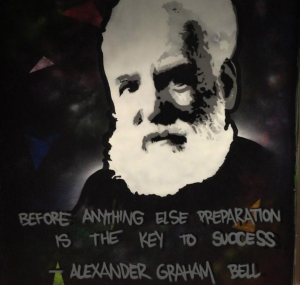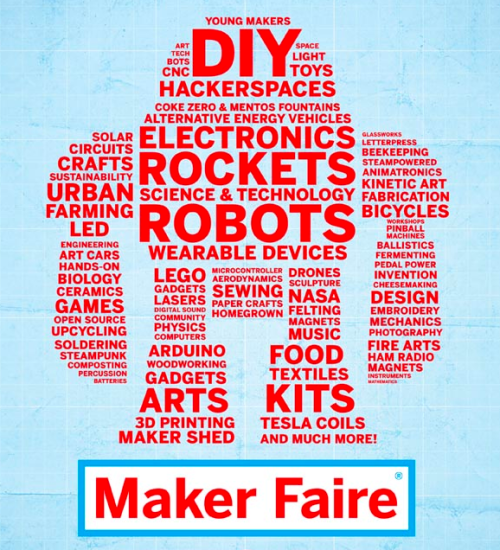 When Ben Yoskovitz moved to Halifax to join us at GoInstant he left the growing Montreal community and brought a lot of fresh perspective to what needs to happen in Nova Scotia to grow the startup ecosystem.
When Ben Yoskovitz moved to Halifax to join us at GoInstant he left the growing Montreal community and brought a lot of fresh perspective to what needs to happen in Nova Scotia to grow the startup ecosystem.
The #1 thing he noticed was the successful startups were the ones getting out of the building and on to a plane. Spending significant amounts of time in San Francisco, New York or wherever you need to be is an important part of growing your network of people you can rely on to build your business.
Today Volta is announcing a travel support program for startups. You have to be small (<10 employees) and young (<3 years old).
This hits home for me. When I was living in Charlottetown and 19 years old I had my first attempt at a product startup, it was called Blogtrack. It had what seemed like an insane number of daily active users at the time, just under 10,000, and I had no idea what I was doing (still working on that). I also had no money really, certainly not enough to blow on a trip to Boston for Bloggercon. A guy named Lee Brammer at what is now called “Innovation PEI” offered to help cover some of the costs for the trip, which meant it was (just barely) affordable. It was, for me, an eye opening trip, eating dinner at a table for 4 with Dave Wiener, Betsy Devine and Dan Bricklin just about blew my mind.
Anyway, the point is that sometimes you really need to get out there and just do something you might not have otherwise. Good things almost always come from it and the truth is that it can be hard to make up for sitting across the table from someone and really getting to know them.










